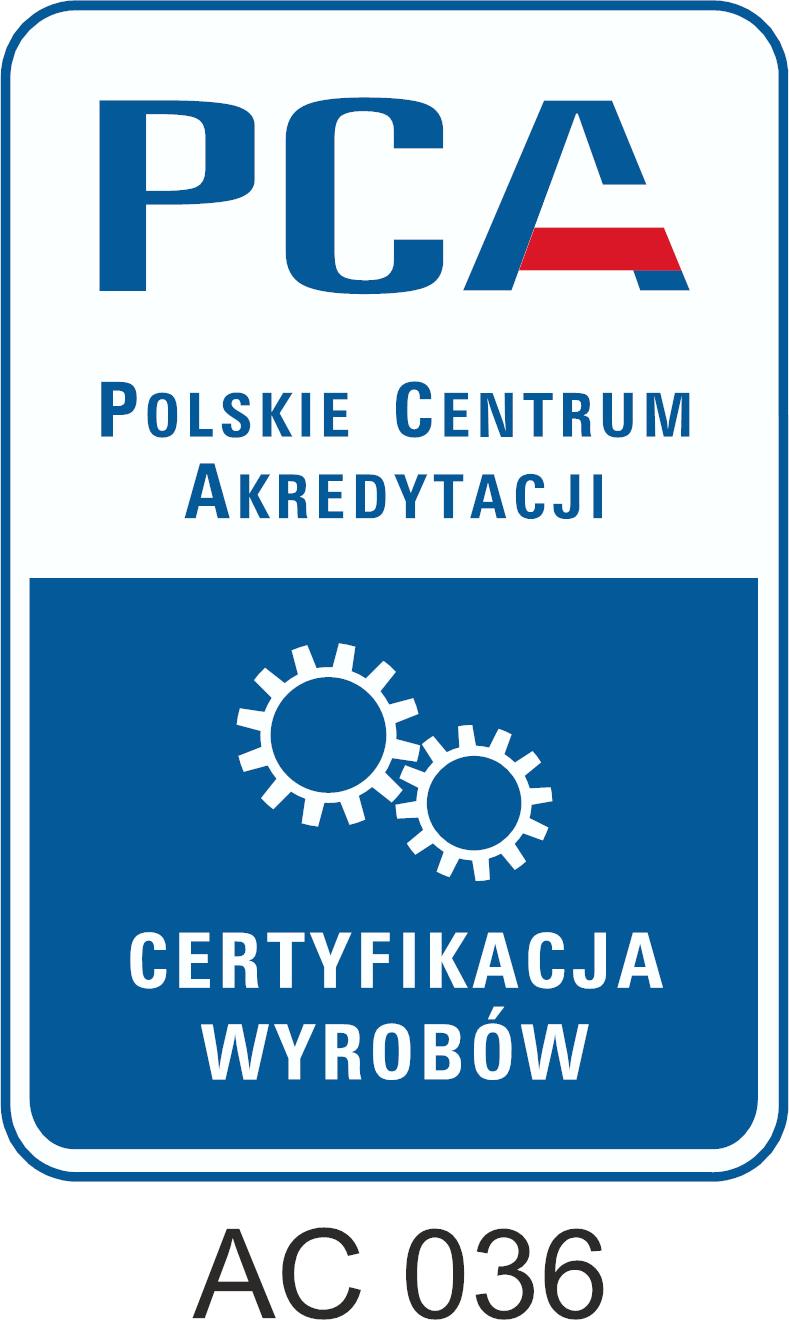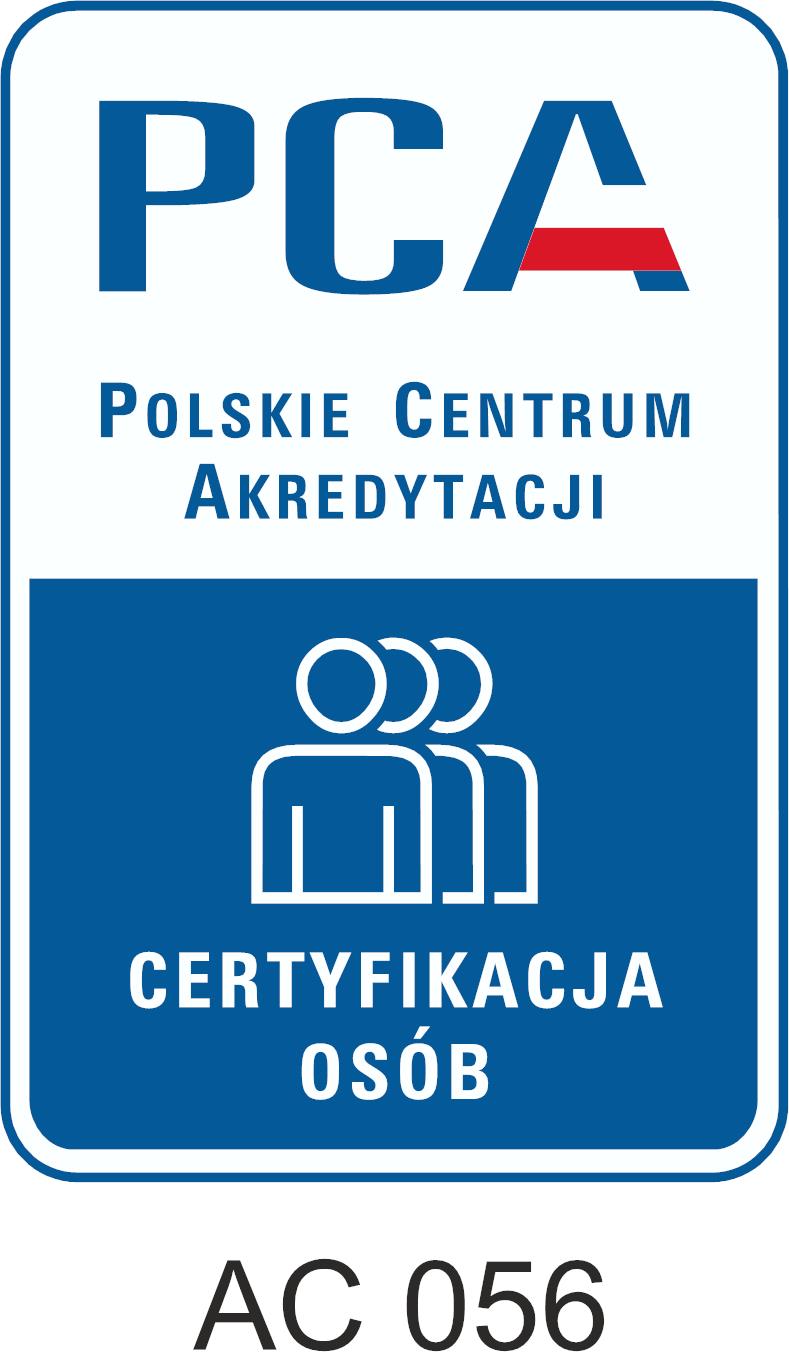FAQ
Documentation and forms
Diagram of the certification procedure
Appeals and complaints
Additional capabilities
Certificate register
Accreditation
Contact information
Certification of Good Distribution Practices (GDP) is a key element for companies involved in the transport and storage of sensitive products, such as medicines and food products. The process ensures that refrigerated transport equipment meets stringent World Health Organization (WHO) standards and European Union regulations.
The GDP requirements specify standards for transporting and storing temperature-sensitive products, including the need for ATP certification for vehicles with reinforced insulation.
Our company offers comprehensive assessment and certification of these means of transportation, ensuring their compliance with applicable standards and regulations.
What qualifications does the certification cover?
Certification of Good Distribution Practice (GDP) encompasses a wide range of qualifications and requirements crucial for individuals and transport means involved in the transportation of pharmaceutical products and other environmentally sensitive goods. These standards are particularly significant for ensuring safety, protection, and quality of transported goods.
European GDP requirements (EU GDP) impose rigorous standards that must be met to obtain a Good Distribution Practice certificate for transportation means, especially vehicles used for transporting and storing medicines and other temperature-sensitive products. To qualify for such certification, the transport means must possess a current ATP certificate and comply with specified norms and legal regulations.
Concept of “refrigerated transport means” includes both mechanically and non-mechanically cooled vehicles equipped with insulated cargo compartments. These compartments must be directly and permanently mounted on the vehicle chassis or trailer, ensuring proper storage and transportation conditions for sensitive products such as medicines and perishable food items.
GDP certification serves not only as a safety and quality standard required by the WHO but also as a critical element for compliance with EU regulations on pharmaceutical distribution. It ensures that both pharmaceutical companies and their logistics partners operate in accordance with legal requirements and high-quality standards, essential for protecting public health and maintaining the integrity of products transported within the European market.
What is Good Distribution Practice (GDP) Certification?
Certification of Good Distribution Practice (GDP) is a crucial element in ensuring the quality and safety of medicines within the pharmaceutical supply chain. It establishes minimum standards that distributors must meet to maintain the integrity of medical products from production to the final recipient.
GDP Ensures Compliance and Integrity of Medical Products
Compliance with GDP guarantees that pharmaceutical products in the supply chain comply with European Union (EU) regulations and are stored and transported according to appropriate standards. This prevents contamination and loss of quality during the storage and transportation of medicines.
Key Aspects of GDP Compliance
Safe Storage and Transport: Medicines must be stored under appropriate conditions to maintain their effectiveness and safety. Similarly, their transportation must occur under controlled conditions.
Avoidance of Contamination: Distributors must prevent medicines from coming into contact with other products that could contaminate them or degrade their quality.
Proper Handling of Medicines: There must be proper handling throughout the supply chain to ensure that products do not expire or lose their efficacy.
Effective Tracking and Recall: Tracking systems must be in place to swiftly detect defective products and facilitate effective recall procedures.
Scope of GDP Includes Active Pharmaceutical Ingredients
GDP covers not only finished medicinal products but also active pharmaceutical ingredients (APIs) and other substances used in drug manufacturing. This ensures comprehensive quality protection for all ingredients used in the drug production process.
Useful Links for Additional Information
Conclusion
GDP certification is not just a legal requirement but a crucial tool to ensure that European pharmaceutical products meet the highest standards of quality and safety. This is essential for protecting public health and fostering trust among patients and consumers.
What regulations apply to GDP?
Regulations on Good Distribution Practice (GDP) are crucial for ensuring the safety and quality of pharmaceutical products throughout the supply chain. The PR-06 certification program at COCH precisely defines the conditions necessary to obtain EU GDP certification for transport vehicles, including those designed for transporting and storing temperature-sensitive products such as medicines.
Conditions specified in the PR-06 GDP certification program include:
Compliance with Normative Requirements: The normative document WTP-02/2022 COCH specifies detailed requirements for Good Distribution Practice in the context of transporting sensitive products that must be carried and stored at controlled or regulated temperatures.
COCH Accreditation: The Central Refrigeration Center in Krakow is accredited by the Polish Centre for Accreditation (No. AC 036). This accreditation meets the requirements of PN-EN ISO/IEC 17065, confirming its competence and ability to conduct certifications in accordance with international standards.
Importance of GDP Regulations:
These regulations are essential to ensure that transported and stored pharmaceutical products are safe, effective, and maintain their integrity. This ensures that patients can trust that the medicines they receive are protected from contamination and properly handled throughout the distribution process.
Benefits of GDP Certification:
Product Safety: Preventing contamination and loss of quality of medicines during storage and transport.
Legal Compliance: Meeting European Union requirements for the distribution of pharmaceutical products.
Consumer Trust: Building patient trust by ensuring high standards of safety and quality.
Therefore, the PR-06 Good Distribution Practice certification program at COCH is a key element in ensuring the safety and effectiveness of transporting sensitive products, which are critical for public health and consumer protection.
Who can obtain a GDP Certificate?
Obtaining Good Distribution Practice (GDP) Certification for Transport Vehicles
GDP certification is available to all manufacturers or suppliers who meet specific organizational and technical requirements and possess appropriate tests confirming the parameters of their transport vehicles.
Who can apply for GDP certification?
Stable organizational and technical conditions: The company must have adequate procedures and infrastructure for producing or delivering transport vehicles that meet Good Distribution Practice requirements.
Production/delivery of vehicles with specified parameters: Certification is available for vehicles capable of storing and transporting temperature-sensitive products such as pharmaceuticals. The parameters of these vehicles must be confirmed by appropriate tests, including thermal insulation tests (ATP) and other required technical specifications.
Possession of current ATP certificate: ATP (Accord Transport Perissable) is an international certificate confirming the vehicle’s ability to transport products requiring controlled temperatures.
Procedure for obtaining GDP certification:
A company applying for GDP certification must submit an application detailing the specifics of the transport vehicle and provide documentation confirming compliance with organizational and technical requirements.
The application is evaluated for compliance with normative and technical requirements specified in normative documentation, such as WTP-02/2022 COCH.
Upon a positive evaluation of the application and completion of necessary tests and assessments, the central certifying body (such as COCH) may issue a GDP certificate for the specified transport vehicle.
Obtaining GDP certification is crucial for pharmaceutical companies and their logistics partners, ensuring that transported medicines are stored and delivered in accordance with the highest standards of safety and quality, which is critical for public health protection.
Detailed information about the certification process
Diagram of the certification procedure
Product Certification Process
The product certification process is a carefully planned and structured procedure aimed at ensuring that a particular product meets specified norms and quality standards. Here is a general outline of the assessment plan followed in our company:
Initial Application Review and Registration: The first step involves a preliminary assessment of the certification application. At this stage, basic information about the product and required documents are reviewed.
Signing the Product Certification Agreement: Once the initial review is complete, an agreement is signed between the company and the certifying body, outlining detailed terms and the scope of certification.
Documentation and Testing Evaluation (Assessment Report): Next, a detailed evaluation of the technical documentation and, if required, laboratory testing of the product is conducted. The results of this assessment are documented in an assessment report.
Review Process (Review Report): Following the documentation assessment, a comprehensive review of the entire certification process takes place. The review report includes a detailed analysis of the product’s compliance with normative and technical requirements.
Certification Decision: Based on the assessment report and review, a decision is made regarding the granting or refusal of certification. This decision takes into account all aspects related to the product’s compliance with required standards.
Issuance of Certificate: The final stage involves issuing the certificate, confirming that the product meets specified quality standards and complies with established requirements.
The certification process aims to provide customers with confidence in the quality and safety of certified products. Each stage is meticulously planned and executed according to international standards and certification procedures.
For detailed information on certification, please refer to the certification program available in the documentation section.

Appeals and Complaints
Information on the procedure for handling complaints and appeals can be found at this link.
Additional capabilities

ATP / FRC test
Get an ATP Certificate for your mode of transportation

GDP/DPD mapping
Have cargo space mapping studies done
Why Choose COCH Certification?
Good Distribution Practice (GDP) certification is a key element in ensuring that pharmaceutical products are transported and stored in a manner consistent with the highest standards of quality and safety.
Accreditation
Quality accreditation - a guarantee of trust
The Certification Department is accredited AC 036 and AC 056 by the Polish Accreditation Center and specializes in the certification of refrigeration destination products and personnel competence in the field of refrigeration.
Our team consists of qualified and experienced specialists who offer comprehensive assistance in the certification preparation and certification process, supervision and personnel competence development. With our services, we provide customers with reliable and professional service at every stage of cooperation.






















































